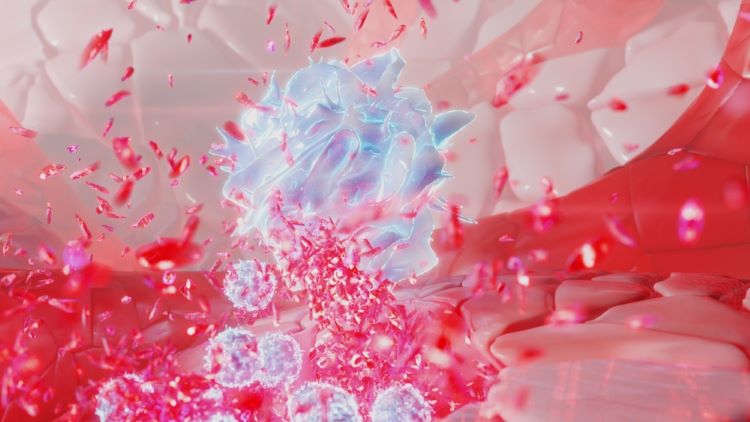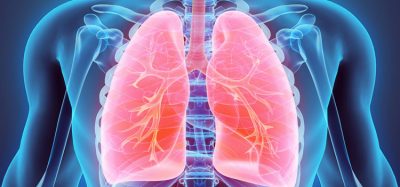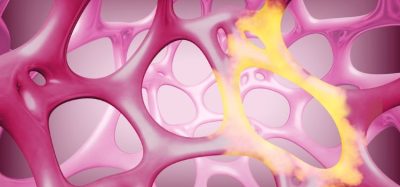iPSC-CAR-NK cell therapy exhibits autoimmune potential
Posted: 25 June 2025 | Catherine Eckford (European Pharmaceutical Review) | No comments yet
The genetically edited allogeneic product could serve as an immune-modulatory therapy for severe autoimmune diseases, data suggests.


New clinical data has demonstrated the first application of iPSC-CAR-NK cells in autoimmune disease. The cell-based therapy successfully inducted immune reset in refractory systemic sclerosis (SSc), according to the study findings.
The patient received four doses of the off-the-shelf, dual-targeting cell product QN-139b (6 × 10⁸ cells per dose).
Following six months of treatment, results demonstrated:
- significant reduction in autoantibodies and normalisation of complement levels
- dramatic improvement in modified Rodnan skin score (mRSS)
- enhanced ACR-CRISS score
- histological evidence of B cell clearance, fibrosis suppression, lymphocyte depletion in affected tissues, and skin microvascular remodelling.
“We are proud to see a patient with nearly two decades of systemic sclerosis achieve such meaningful clinical improvement following QN-139b treatment”
“We are proud to see a patient with nearly two decades of systemic sclerosis achieve such meaningful clinical improvement following QN-139b treatment,” commented Dr Luhan Yang, Founder and CEO of Hangzhou Qihan Biotech Co., Ltd. “Our years of innovation in reducing allogeneic immune rejection now empower not only iPSC-NK but also iPSC-T and universal CAR-T platforms—offering renewed hope for patients with autoimmune diseases worldwide.”
About the iPSC-CAR-NK cell therapy
Qihan Biotech shared that the therapy utilises the company’s high-throughput gene editing platform to eliminate pathogenic B cells and plasma cells by targeting both CD19 and BCMA.
One of its safety features includes production from sequenced monoclonal iPSC lines to minimise genomic toxicity. Furthermore, QN-139b includes a tEGFR safety switch which serves to reduce risk of disease flares in those with autoimmune conditions. Its low-immunogenicity design also strengthens its in vivo expansion and therapeutic durability, stated Qihan Biotech.
Findings from the iPSC-CAR-NK cell therapy study were published in Cell.
Looking ahead at future of development of iPSC-NK therapies, “meaningful progress will depend on sustained investment in cell engineering, manufacturing process optimisation, analytical development and regulatory alignment”, wrote Stefan Braam, Co-Founder and Chief Technical Officer, Cellistic, in an EPR article earlier this month.
Related topics
Biopharmaceuticals, Clinical Development, Clinical Trials, Data Analysis, Drug Development, Drug Safety, Industry Insight, Personalised medicine, Research & Development (R&D), Technology, Therapeutics









